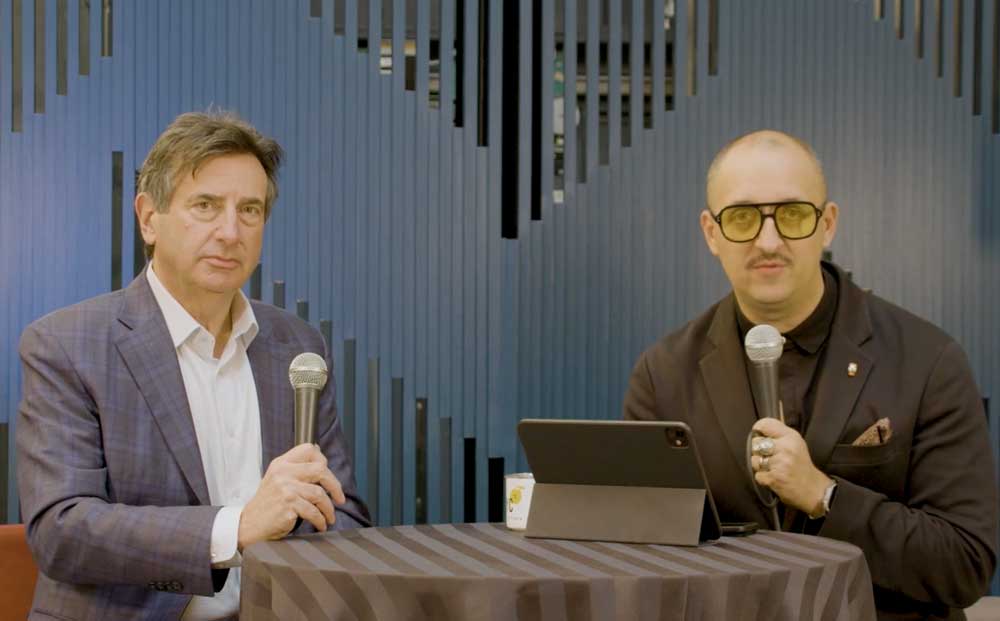Y Combinator, the influential Silicon Valley startup accelerator, has made it clear: The consulting industry is on its target list for disruption. To those who know Y Combinator’s track record in upending established sectors—from transportation to banking—this is not an idle threat.
For an industry that has long thrived on complexity, relationships, and specialized expertise, the question becomes: What remains when the software eats your business model?
The answer may be the one thing no algorithm, no matter how powerful, can replicate. That is original intelligence.
Artificial intelligence thrives by identifying patterns in existing data. They are probabilistic engines, trained on vast libraries of human output to predict the next best word, the next logical step, or the most statistically probable answer. Moreover, they commoditize knowledge and prefer their own output. A recipe for organizational groupthink and sameness
The best consultants, however, have never been just about pattern recognition. They are paid to break through sameness and provide something new. They are not merely repositories of past knowledge; they are creators of novel insight. They are the ones who can walk into a boardroom or customer office, listen carefully, and identify the real problem.
That ability, which I call “original intelligence,” is the capacity to synthesize context, creativity, and human judgment into something new. Original intelligence is about novelty—recognizing when a solution must break from precedent, even when precedent is statistically sound.
Y Combinator has correctly identified a weakness in the consulting industry: firms that rely only on frameworks and deliverables will be replaced by software that can mimic these repeatable processes. They hypothesize that a competitive analysis, a market sizing or a risk matrix will all be generated by software faster and cheaper than a team of analysts can prepare them.
Where their disruption theory falls short is in assuming that the entirety of consulting can be reduced to such artifacts. Frameworks are tools, not outcomes. The real value is knowing which framework to use, when to ignore the data, and how to help an organization act on the recommendations. In other words, the way for the consulting industry to withstand Y Combinator’s approach is not to fight it, but instead to embrace the resulting tools.
The fact is that if consulting firms respond to AI competition by competing solely on speed and price, they will lose. AI will always be faster and, at scale, cheaper. What AI will not be, at least not anytime soon, is genuinely original.
Consider the concept of “hallucinations” in AI outputs. Even the most advanced large language models occasionally fabricate facts or overgeneralize from incomplete data. A human consultant with original intelligence can sense when the data doesn’t smell right. They can push back, dig deeper, and reframe the problem entirely. Without that skill, the consulting product becomes just another commodity—easily substituted, quickly abandoned.
To thrive in this new era, consulting firms must treat original intelligence as a core competency, not an incidental by-product of hiring “smart” people. This means:
- Recruitment for creativity and adaptability: They must look for evidence of unconventional thinking and the ability to operate outside comfort zones.
- Training in ambiguity: They must expose their teams to scenarios where data is incomplete, conflicting, or misleading. And reward innovative approaches to problem-solving.
- Client education: They must educate their clients by clarifying the role of AI in work products and show why the humans are still adding value. Clients should understand they are paying for originality, not just information.
- Hybrid models: Use AI for what it does best—data gathering, analysis, and scenario modeling—but keep humans firmly in charge of interpretation and decision-making.
We now have the tools to measure original intelligence in a way we couldn’t before. Firms that make it a hiring and development priority will be better positioned to differentiate themselves in a marketplace saturated with AI-driven offerings.
History shows that industries under threat often emerge stronger when they double down on their unique strengths. For consulting, this means embracing AI as an assistant, not a competitor, and placing original intelligence at the heart of the value proposition.
If firms do this, they won’t just survive the disruption but will thrive in it. They’ll offer what no AI can: the unexpected, the unpatterned and the uncopyable. That is the consulting business of the future.


